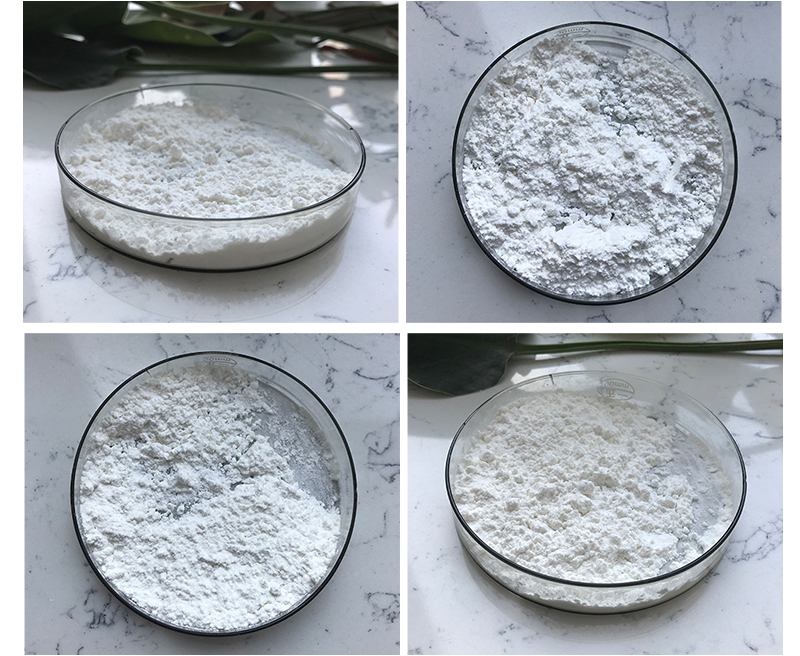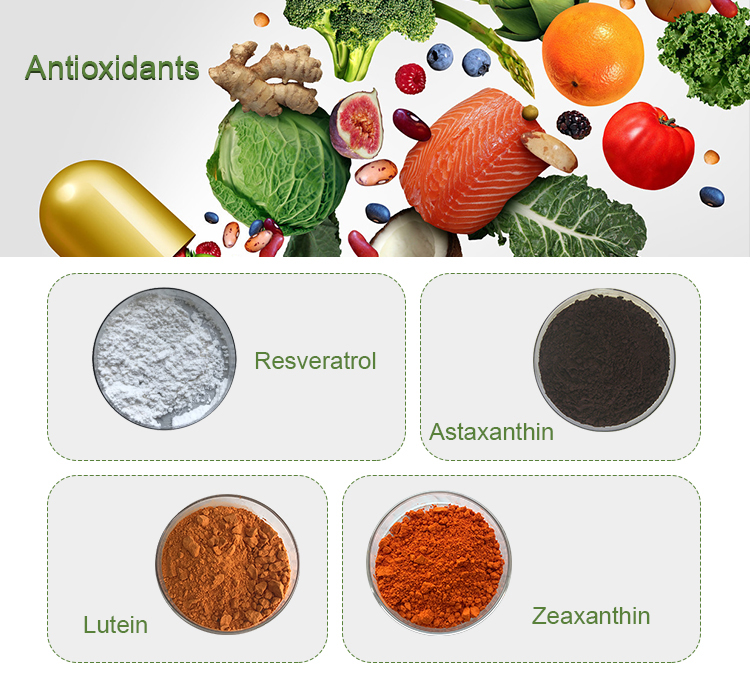Resveratrol is a natural compound found in certain foods, such as grapes, red wine, and peanuts. It has gained attention for its potential health benefits, which include antioxidant and anti-inflammatory properties. To use resveratrol for the best results, you should consider the following guidelines:
1.Consult with a healthcare professional:
Before starting any supplementation with resveratrol or making significant dietary changes, it’s essential to consult with a healthcare professional, such as a doctor or registered dietitian. They can provide personalized recommendations based on your health status and specific needs.

2.Choose the right source:
Resveratrol can be obtained through your diet, primarily by consuming foods like red grapes, red wine, berries, and peanuts. You can also find resveratrol supplements in various forms, including capsules and powders. Make sure to choose a reputable source for supplements and consider natural dietary sources whenever possible.
3.Determine the right dosage:
The optimal dosage of resveratrol may vary from person to person. Your healthcare provider can help you determine the appropriate dosage based on your individual needs. Dosages can range from 100 mg to 500 mg per day for most people.
4.Time it right:
If you’re taking resveratrol supplements, consider taking them with a meal to enhance absorption. This can help increase the bioavailability of resveratrol and maximize its potential benefits.
5.Be consistent:
Like many natural supplements, the effects of resveratrol may not be immediately noticeable. It’s essential to be consistent with your intake, taking it as recommended by your healthcare provider. Long-term use may be more beneficial for some health outcomes.
6.Focus on overall health:
Resveratrol is not a magic pill. For the best results, use it as part of a balanced and healthy lifestyle. Maintain a nutritious diet, engage in regular physical activity, manage stress, and get enough sleep. These factors can complement the potential benefits of resveratrol.
7.Be aware of potential side effects:
While resveratrol is generally considered safe when taken at recommended doses, it may interact with certain medications or have mild side effects for some individuals. Discuss any concerns with your healthcare provider.

8.Monitor your health:
Regularly check in with your healthcare provider to assess your health and discuss whether resveratrol is still a suitable part of your wellness plan.
Keep in mind that the research on resveratrol is ongoing, and its benefits are not yet fully understood. It’s not a replacement for a healthy lifestyle, but it can be considered as a potential supplement to support overall well-being. Always prioritize a well-balanced diet and lifestyle for the best results in achieving and maintaining good health.
